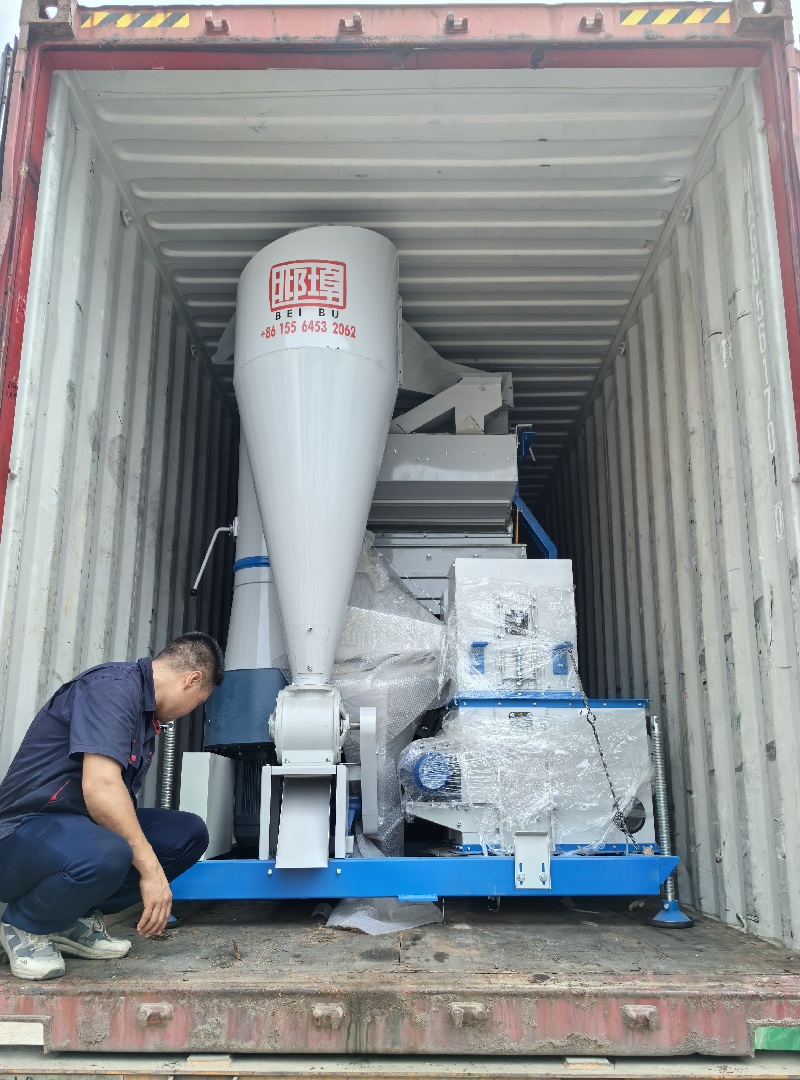With the advancement of globalization, food trade has become an indispensable part of the world economy. Food trade between countries not only enables agricultural products to complement each other's advantages, but also promotes the social and economic development of various countries. The important carrier that food trade relies on is ocean shipping. Therefore, changes in the global shipping market may also have a significant impact, especially for bulk food trade.
In recent times, the continuous rise in global shipping costs has become an important issue that plagues food trade. The rise in shipping costs is due to the combined effect of many factors. Some of these factors, such as global economic growth, oil price fluctuations, changes in ship inventory and demand, environmental and political factors, may have an impact on shipping costs. However, no matter what the reason for the increase in shipping costs, it will have a direct negative impact on food trade.

First of all, the increase in shipping costs directly leads to higher costs for importers. If importers want to continue to purchase and transport agricultural products such as mung beans and sesame from foreign suppliers, they will have to pay higher fees when shipping costs rise sharply, which will further increase the procurement cost of the products. Obviously, this cost increase may eventually exacerbate the trend of suppliers raising product prices in the customer market. It will stop them to buy the seed pre cleaner machine, seed cleaner and grader , grains packaging
Secondly, because of the increase in shipping costs, the increase in prices of related commodities will also affect market demand. Once agricultural product prices rise, grain traders may suffer sales difficulties because their customer markets are unwilling to bear excessively high prices. This may also affect the revenue and development of grain traders.

Finally, high transportation costs may also cause companies to need to make procurement plans more cautiously. When procurement costs become higher, companies tend to try every means to reduce the number of imported goods to avoid unnecessary economic losses due to high transportation costs. This will give companies less room for choice, and if they passively abandon certain suppliers or products, it may further limit the scope of their development.
In summary, the increase in shipping costs will directly affect grain trade, especially for importers, traders and retailers. These companies need to develop their ability to respond to crises and make the best plans based on changes in market demand and purchasing power. In this context, companies should also actively explore other logistics methods, such as land transportation, air transportation, etc. In any case, companies should see the fact that although the increase in shipping costs may make the grain trade market more complex and challenging, bulk grain trade is unlikely to stop or decrease. On the contrary, companies should be prepared, adapt to the situation and actively respond to challenges, otherwise they will lose market share and competitive advantage.